I EvalComDev International Conference: Call for Papers
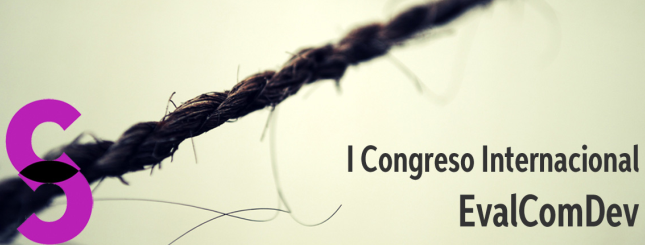
Which theoretical and methodological approaches coexist within the C4D field? To what extent does the C4D field respond to challenges and needs raised by the financial crisis and to the alternative proposals in both the Nord and the Global South? These and other questions will be discussed at the Evaluation of Communication for Development and Social Change conference in Spain (9-11 May 2017).
This conference is convened within the framework of the EvalComDev R&D Project, which aims to evaluate the field of Communication for Development and Social Change, closely linked to social justice, so that its guiding principles can be put into practice and its social impact can be reinforced. The main objective of the EvalComDev Conference is to share the research and experiences that, at international level, have facilitated progress in the discussions within the C4D field.
The EvalComDev Conference is conceived as a place of exchange. In the selection of papers, priority will be given to researchers and mediactivists who work, specifically, in the field of evaluation, monitoring or systematization of experiences, or, falling this, to researchers who have been working in C4D for the last years. Articles should be preferably submitted in Spanish. Articles in Portuguese and in English may also be accepted. However, it is not certain that the organization can provide simultaneous interpretation for the main presentations. Deadline for abstracts (450-500 words maximum) is 1st of November 2016.
International experts participating at the conference, among them Ørecomm members as well, are the following:
- Jo Tacchi (Loughborough University, UK)
- Thomas Tufte (University of Leicester, UK)
- Florencia Enghel (Stockholm University)
- Benjamín Ferrón (UPEC, France)
- Enrique Bustamante (Complutense University of Madrid, Spain)
- Manuel Chaparro Escudero (University of Málaga, Spain)
- Manuel Martínez Nicolás (King Juan Carlos University, Spain)
Sections of the conference:
L1. To measure communication and social change: research, indicators, debates, trends.
Coord.: Víctor Manuel Marí Sáez (UCA) (Chair) and Jesús Rengel, (UCA).
How to measure the CDSC? What are the theoretical, methodological and political challenges in this field? In this section those communications that reflect around these issues (trends, debates and instruments) will be included. Additionally, those communications that address the question of the most appropriate and useful indicators to measure the CDCS will be taken into account.
L2. Communication and Social Change from the organizations of the Third Sector of Communication and social movements.
Coord.: Javier Erro (UPNA) (Chair) and Gonzalo Ceballos (UCA).
In this section communications led from the Third Sector of Communication and the social movements based on case studies or their own communicative experiences are accepted. Papers should be based around communication strategies, plans and actions put into practice with the active participation of citizens and the promotion of socio-political transformation of reality.
L3. Transmedia and social change.
Coord: Juan Pagola (Deusto) (Chair) and Marta Sánchez-Saus (UCA)
From this section a reflection on the connections between narratives, the discourses and the social change is offered with the discourses and representations that promote a spectacularization of the reality, without driving structural changes. New avenues from which the NGOs and social movements propose new narratives connected to new emancipatory practices will be explored.
L4.The Political Economy of the Development and Communication.
Coord: Joaquín Arriola (UPV) (Chair) and Mercedes Jiménez (UCA)
How is development conceived from the CDSC point of view? How is the communicative dimension integrated into the new political economy of development? Organizers are looking for reflections that bring up new perspectives to advance the theoretical and practical understanding of the cognitive or informational revolution in the creation of new territorial and social development dynamics.
More information is available here.
Image via Flickr
 New PhD opportunities at the University of Leicester
New PhD opportunities at the University of Leicester Call for Abstracts: New Directions in Media, Communication and Sociology (NDiMS) Conference
Call for Abstracts: New Directions in Media, Communication and Sociology (NDiMS) Conference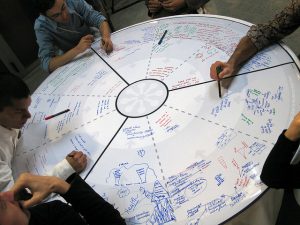 Ørecomm Team to Gather at the University of Coimbra
Ørecomm Team to Gather at the University of Coimbra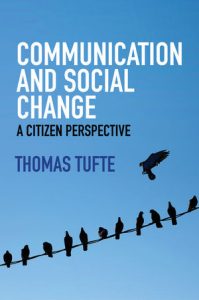 “Communication and Social Change – A Citizen Perspective” Published
“Communication and Social Change – A Citizen Perspective” Published C4D Network to Sum Up Global Communication for Development Practice
C4D Network to Sum Up Global Communication for Development Practice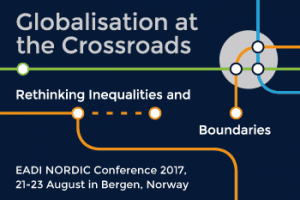 Entering Media and Communication into Development Conferences?
Entering Media and Communication into Development Conferences?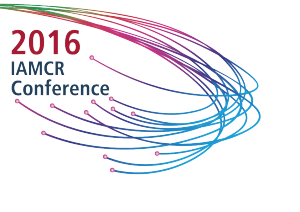 IAMCR Conference 2016: Communication for Development Highlights
IAMCR Conference 2016: Communication for Development Highlights Glocal Classroom Revisited – Storytelling & Social Change Leicester-Malmö
Glocal Classroom Revisited – Storytelling & Social Change Leicester-Malmö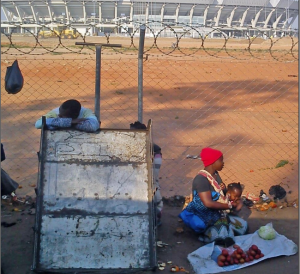 Looking for Media and Communication in Development Conferences: Devres 2016
Looking for Media and Communication in Development Conferences: Devres 2016